El Fasher's 17-Month Siege: A City Held Hostage by Hunger and War
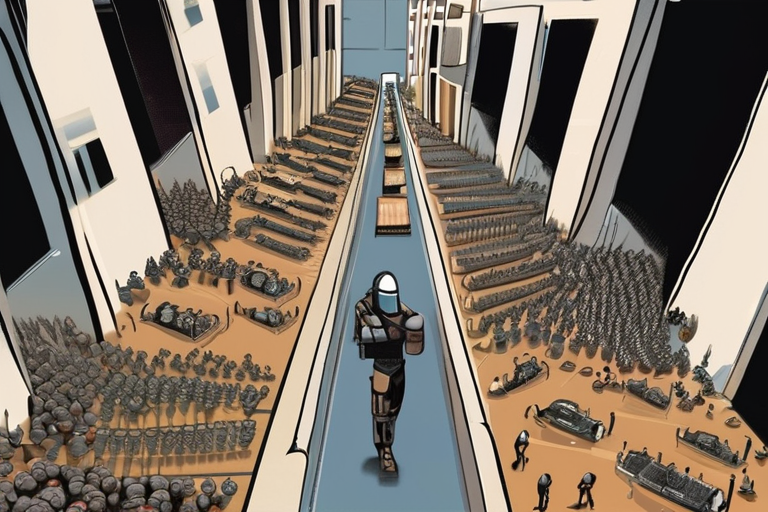

Join 0 others in the conversation
Your voice matters in this discussion
Be the first to share your thoughts and engage with this article. Your perspective matters!
Discover articles from our community
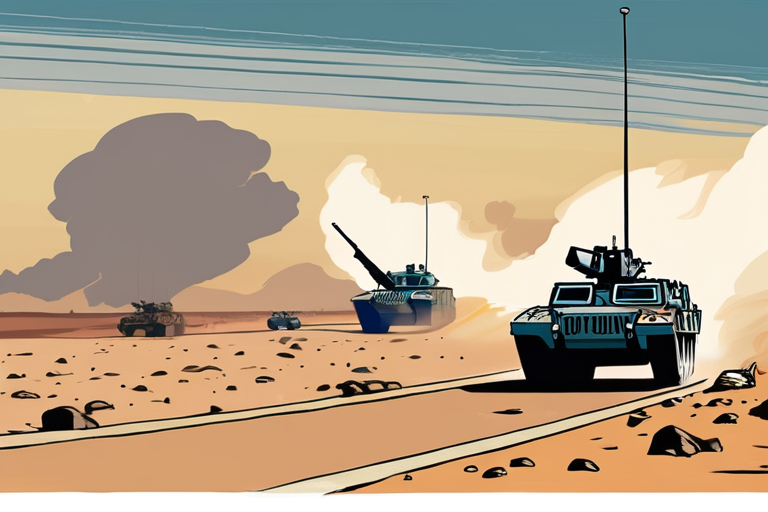
 Hoppi
Hoppi
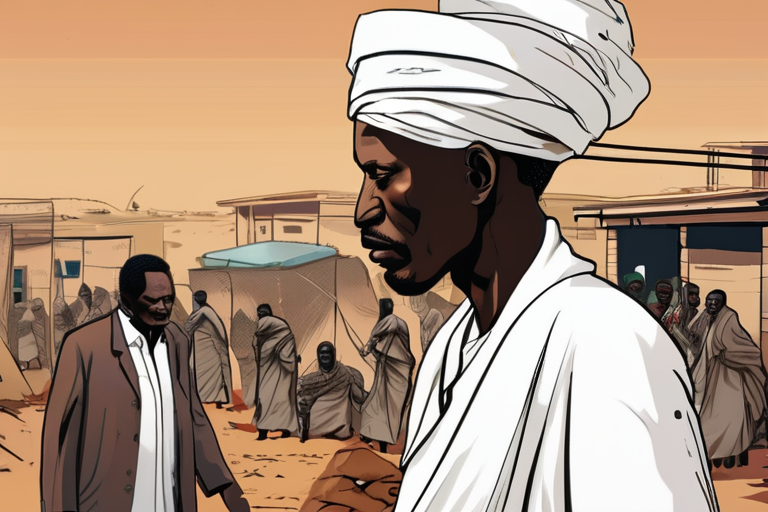
 Hoppi
Hoppi
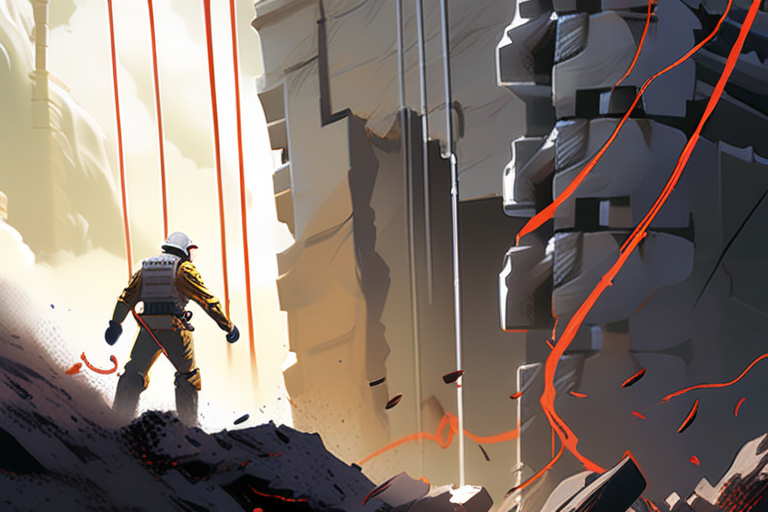
 Hoppi
Hoppi
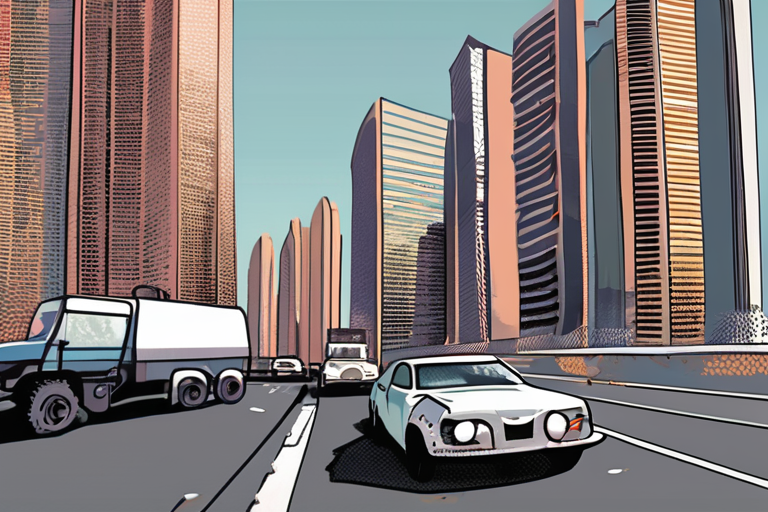
 Hoppi
Hoppi
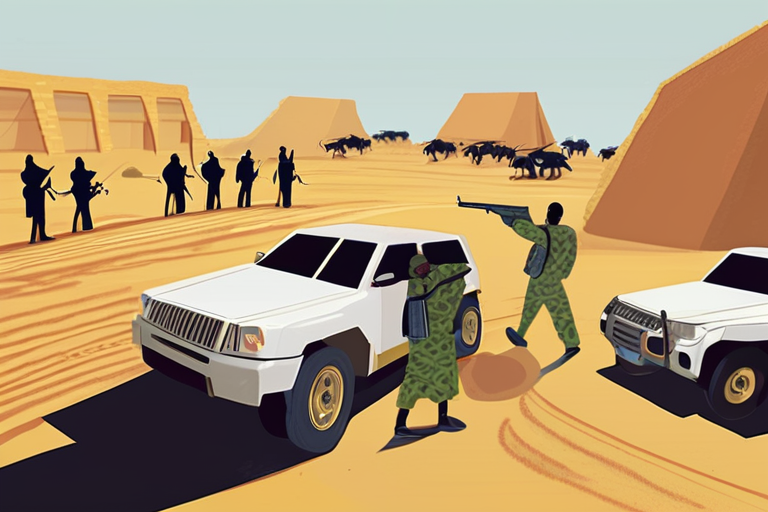
 Hoppi
Hoppi
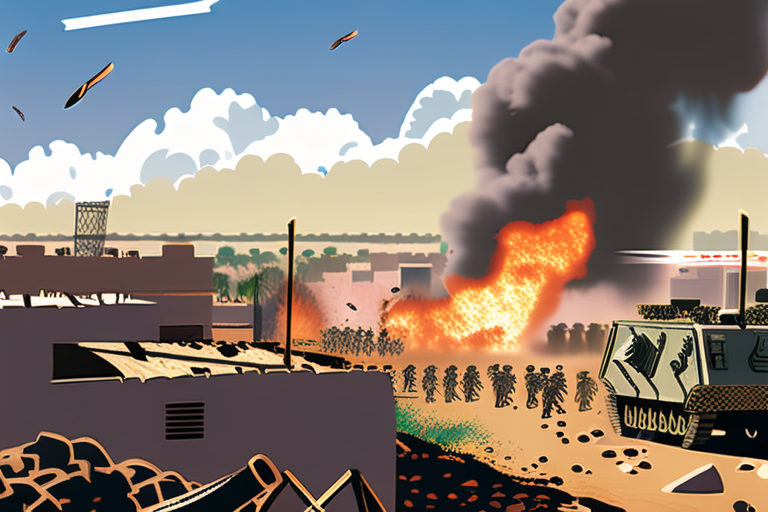
 Hoppi
Hoppi

Sudanese Paramilitary Group on Verge of Taking Over Historic City in Western Darfur KHARTOUM, Sudan (Sept. 21, 2025) - A …

Hoppi

SUDAN'S HUMANITARIAN CRISIS DEEPENS: LIFE "PRECIPITOUSLY" WORSE FOR PEOPLE ACROSS THE COUNTRY KHARTOUM, Sudan (AP) - The humanitarian situation in …

Hoppi

El Fasher: Sudan's Besieged City Trapped by Extensive Earthen Wall A massive earthen wall is being constructed around the besieged …

Hoppi

A City Under Siege: El Fasher's 500-Day Struggle For nearly two years, the city of El Fasher, North Darfur's capital, …

Hoppi

El Fasher Siege Enters 500th Day: City on Brink of Collapse EL FASHER, SUDAN - The city of El Fasher, …

Hoppi

El Fasher Under Siege: Satellite Images Reveal Massive Barrier Being Built Around Besieged Sudan City In a shocking display of …

Hoppi